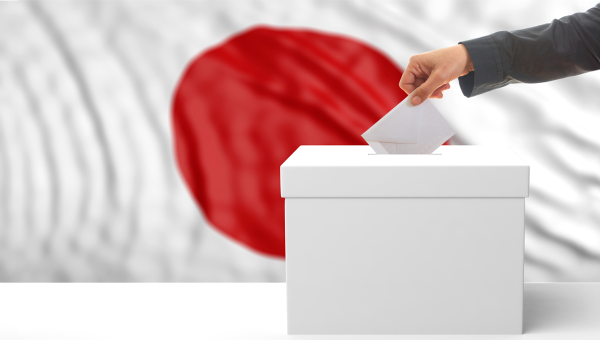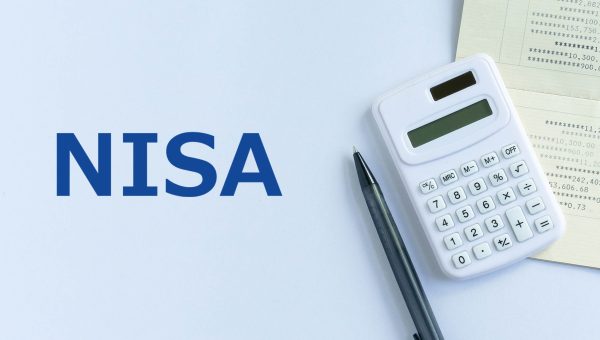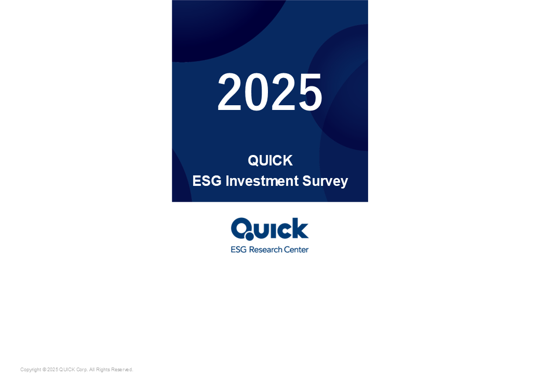Japan Markets ViewWill Integrated Reports be ‘Integrated’ into Single Statutory Disclosure Documents?
Jul 16, 2024

[Taigi Endo, QUICK ESG Research Center] According to a survey conducted by the QUICK ESG Research Center, “the main purpose and positioning of integrated reports in Japan, which are disclosed on a voluntary basis, are to convey value creation stories. They remain unchanged even after sustainability information disclosure in annual securities reports has become mandatory.” On the other hand, many in the Round Table Conference on Ideal Approaches to Information Disclosure of Companies (hereinafter, the Roundtable) expressed the view that “the goal is to create a system that incorporates more information in a single statutory disclosure document.” Will integrated reports be integrated into such documents?
Sustainability information disclosure in annual securities reports has become mandatory, effective from the fiscal year ending March 2023. In response to this, the ESG Research Center conducted a survey in May to determine whether any changes have occurred in the purpose or positioning of integrated reports since the fiscal year ended March 2023 (the most recent year) and in the preceding year. The survey focused on the compilation policies of the top 50 companies based on market capitalization and other factors. Little change was observed in over 40 companies that published integrated reports in both the most recent and prior fiscal years.
Most companies refer to the “International Integrated Reporting Framework” and the “Guidance for Collaborative Value Creation” to create integrated reports. Thereby, they communicate their unique value creation stories to a wide range of stakeholders from a mid-to-long-term perspective, encompassing financial and non-financial information. Some companies use integrated reports as a tool for dialogue with stakeholders. For example, Sumitomo Corporation (8053) described “the integrated report is the primary disclosure tool for (both financial and non-financial corporate) information and serves as a core medium for communicating the medium-to long-term growth story of the Group,” both in the most recent and previous fiscal years.
Some of the top 50 companies by market capitalization began issuing integrated reports in the fiscal year ending March 2023. For instance, SMC Corporation (6273) issued the “Integrated Report 2023” in the fiscal year ending March 2023 replacing its “Sustainability Report 2022” issued in the previous year. At the same time, SMC changed its reference guidelines. Until the fiscal year ending March 2022, the company had used the international social responsibility standard “ISO 26000.” However, it started to use the “International Integrated Reporting Framework” and the “Guidance for Collaborative Value Creation” in the following fiscal year.
According to the “List of Organizations in Japan Engaged in the Publication of Self-Declared Integrated Reports” published by Corporate Value Reporting Lab, 1017 organizations (including 943 listed companies) issued integrated reports in 2023, an increase of 94 from the previous year. A “self-declared integrated report” is defined as “a report that clearly states in its compilation policy, etc., that it is an integrated report, or a report containing comprehensive financial and non-financial information as well as reporting, for example, on corporate value creation suggesting that they are intended for integrated reporting.” The number of organizations issuing this type of report has increased more than tenfold in a decade from 90 organizations in 2013 when the International Integrated Reporting Framework was released.
On the other hand, the Roundtable released “Challenges and Future Directions (Interim Report)” on June 25. The report proposed “a disclosure system that maintains the important role of integrated reports” (Proposal 1). The other plan proposed in the report is “a system in which annual securities reports and other reports are consolidated into one statutory disclosure document, with contains information that is often disclosed in integrated reports, after examination of the necessity” (Proposal 2). Relatively many members expressed the opinion that “Proposal 2 should be aimed at,” according to the report.
Proposal 2 allows investors to obtain necessary information more easily because financial and non-financial information are disclosed consistently in a single document. It also eliminates the need for companies to duplicate and disclose similar information in multiple media. Statutory disclosure is also expected to stimulate discussion among management and the board of directors. Although some issues that should be addressed before realization have been pointed out, the majority of members were of the opinion that the ideal state would be to include almost all of the required information in a single statutory disclosure document.
The Government Pension Investment Fund (GPIF) survey data, released four months prior to this interim report, shows how institutional investors view integrated reports after disclosure of sustainability information in annual securities reports became mandatory. According to the “Excellent Integrated Reports and Most-improved Integrated Reports Selected by GPIF’s Asset Managers Entrusted with Domestic Equity Investment” published on February 21, no asset managers responded that the significance of integrated reports had decreased.
Asset managers commented that annual securities reports “focus on disclosure of actual results” and “give the impression that many companies disclose only the minimum level of information.” Another commented that “the content of disclosure required in an integrated report is whether it tells a ‘story’ of corporate value enhancement based on the uniqueness of the company’s business model, and we recognize that this has become more important than ever.” Of course, there are also comments welcoming the expansion of quantitative data disclosure in annual securities reports and appreciating the enhanced comparability.
Integrated reports contain unique information in a free format. For instance, Asahi Group Holdings (2502), which was not covered in the ESG Research Center’s survey, published its “Integrated Report 2024” on May 31. This report includes the results of calculations using the “impact-weighted accounting” method, which translates social and environmental changes and effects into monetary values. Such attempts are possible only through discretionary and voluntary disclosure. While efficiency and comparability are sought in corporate disclosure, it is also essential to consider creativity and originality.
For reference:
This article is related to the June 30 issue of Nikkei Veritas, which featured “Integrated Reports” in its section “The Latest Trends in Sustainable Investment.” This section analyzes and reports on the latest trends based on surveys conducted by the QUICK ESG Research Center.
(Reported on July 1)
QUICK ESG Service
https://corporate.quick.co.jp/en/quick_esg/
Alternative datasets on QUICK Data Factory
https://corporate.quick.co.jp/data-factory/en/




